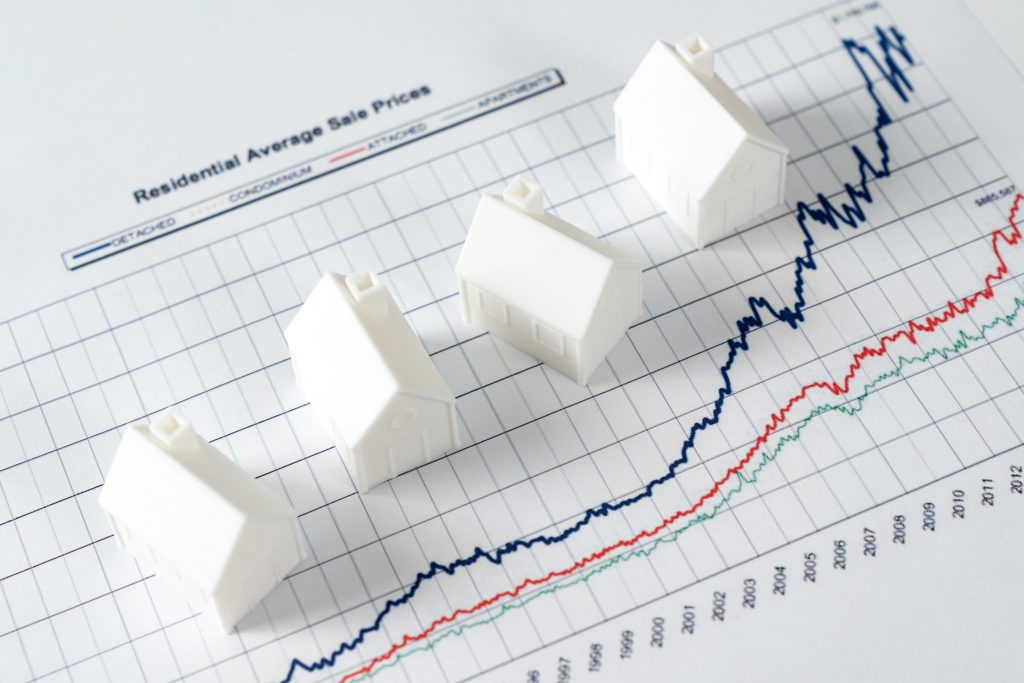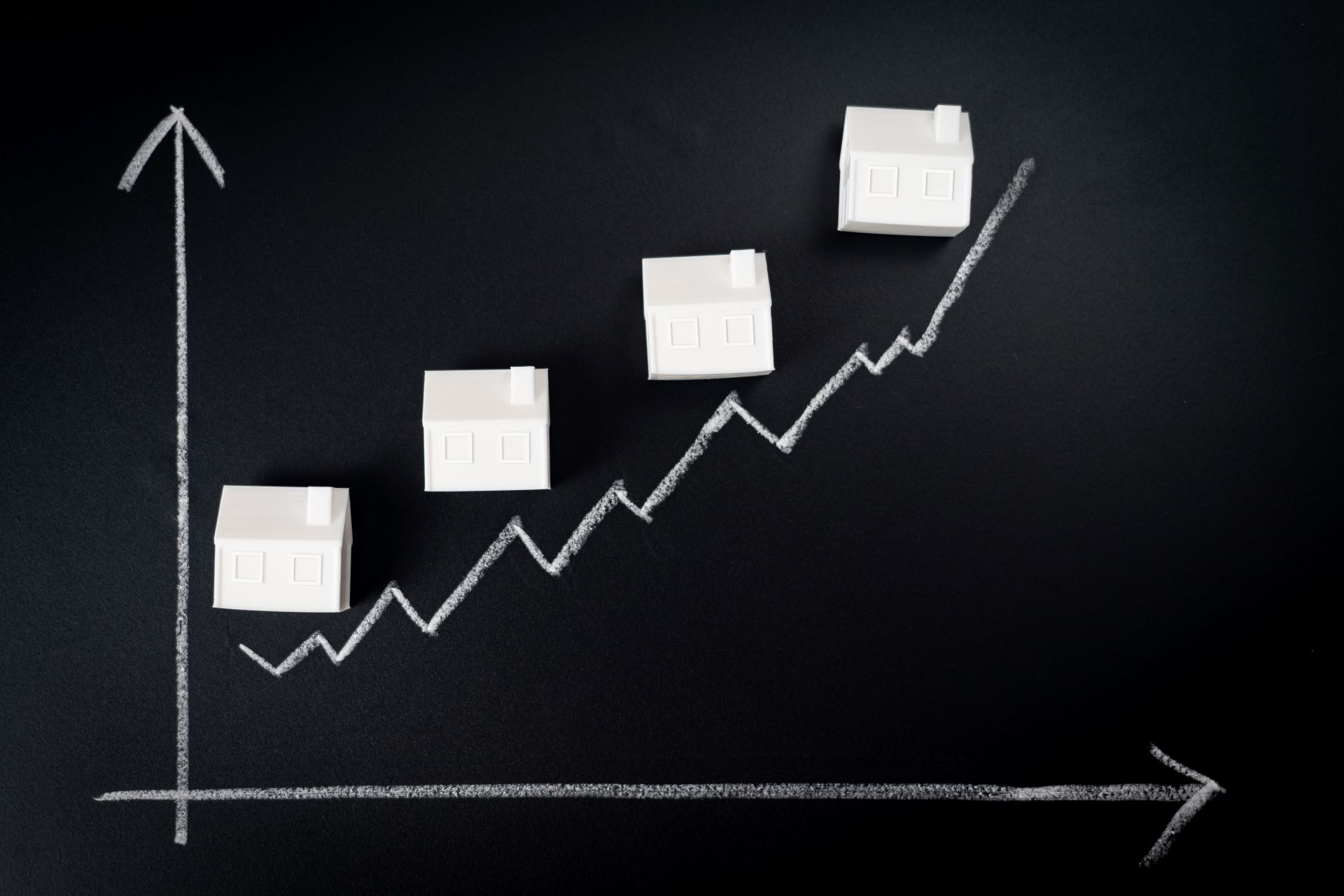The real estate market is becoming more and more of a focal point for keen investors and potential homeowners as it develops through 2024. This initial evaluation offers some insight into the dynamic changes and new opportunities that are occurring in the real estate market. The wide range of choices, from quiet suburban areas to busy city centers, highlights the changing tastes in real estate investing. The ongoing economic changes have a substantial impact on the way the real estate industry is portrayed, which is why this preliminary investigation to clarify the key factors affecting market dynamics is necessary.
It functions as a foundational guide for strategic decision-making in the years to come, in addition to being a snapshot of the current. This proactive approach aims to provide stakeholders with insights into changing dynamics, ensuring that they are well-positioned to navigate the intricate landscape of the Philippine real estate market as it continues to unfold and transform.
The Current Status of the Real Estate Industry
The residential, commercial, and industrial real estate sectors in the Philippines have all seen growth in this dynamic industry. With noticeable growth in high-rise condominiums, office buildings, and retail establishments, Metro Manila—which includes the quaint town of Tagaytay—has been the focus of enormous developments.
Renowned property developers like Crown Asia have influenced the market environment with their unique projects. Despite obstacles like housing affordability and regulatory barriers, there is still a strong demand for real estate, especially condo in Tagaytay.

Investors, both local and international, continue to show interest in the real estate market, drawn by unique charm of locations like Tagaytay and the potential for returns on investment. To obtain the latest and most accurate information, it is recommended to consult recent real estate reports or industry experts familiar with current market conditions.
Impending Technology and Innovation in 2024
Digital platforms and marketplaces are evolving, providing stakeholders with advanced tools for real estate transactions, improving market accessibility, and fostering greater transparency. The combination of blockchain and smart contracts is expected to simplify and secure real estate transactions, reducing the need for intermediaries and increasing overall transaction efficiency. Prospective buyers will be able to explore and evaluate properties remotely thanks to virtual tours and 3D modeling enabled by virtual and augmented reality technologies.
By introducing connected devices for security, energy efficiency, and convenience, the incorporation of Internet of Things (IoT) devices, particularly in smart home technology, will contribute to improved property management and enhanced living experiences. Big data analytics will provide real estate professionals with insightful knowledge that will help them make data-driven decisions about investment opportunities, property values, and market trends.
Proptech startups are predicted to expand in the real estate industry, offering cutting-edge solutions that upend conventional wisdom and boost efficiency across the board.
Reshaping Traditional Practices
Conventional methods in the real estate industry are changing as a result of innovation and technological integration. As digital platforms and marketplaces become essential to property transactions, this transformation necessitates a break from traditional transaction methods. Furthermore, the implementation of smart contracts and blockchain technology is changing the way transactions are carried out and decreasing the need for conventional middlemen. The adoption of proptech companies and the move towards data-driven decision-making are both upending and challenging long-standing conventions.

How will evolving consumer preferences impact property demand in 2024?
The demand for homes that can adapt to shifting needs and preferences is rising as societal and lifestyle norms continue to change. Astute purchasers are likely to place a premium on features like flexible layouts, designated home offices, and environmentally friendly amenities. It’s also predicted that demand will increase for homes with cutting-edge technology integrations that enable smart home features.
More flexible, sustainable, and creatively designed homes may become more and more desirable in the real estate market as people look for homes that fit their changing lifestyles. To ensure that their products and services meet the changing needs of the market in 2024, industry stakeholders will need to keep a close eye on these shifting consumer dynamics.
Upcoming Infrastructure Developments
Major transportation initiatives, like extended railway systems and expressways, are expected to be completed. These projects will likely improve connectivity and accessibility, which will have an effect on the value of real estate in connected regions. Urban development initiatives, such as mixed-use and commercial districts, are probably going to inspire economic expansion and open doors for real estate investment.
Property development trends are anticipated to be influenced by the emphasis on smart and sustainable infrastructure, with an increasing focus on technologically sophisticated and environmentally friendly buildings. In addition, decentralization-focused government initiatives could lead to the creation of satellite cities, expanding the potential markets for real estate investment outside of traditional urban areas.

More transitioning from the City to Suburbs
People who live in cities may relocate to the suburbs for a variety of reasons. The ongoing COVID-19 pandemic has likely increased the appeal of suburban living, which provides a quieter environment and space for remote work. Affordability remains a key driver, with suburban properties frequently offering larger spaces at lower prices than their urban counterparts. Families may prefer suburbs because of their family-friendly amenities, such as good schools and recreational areas. A desire for a higher quality of life, reduced traffic, and a stronger sense of community are all factors contributing to the Philippines’ migration from city centers to suburban areas.
Sustainability and Green Initiatives
Green building techniques, like eco-friendly material selection and energy-efficient design, not only support environmental preservation but also raise property values. Governments are actively encouraging developers to adopt eco-friendly practices by providing incentives and initiatives, such as tax benefits and streamlined approval processes, to encourage sustainability in the real estate sector. The adoption of sustainable building standards and the industry’s alignment with more general environmental goals are greatly aided by these incentives. Properties with sustainable features and green certifications are becoming more and more popular among environmentally conscious consumers, which is indicative of a larger trend in real estate toward environmentally and socially conscious practices.
The International Influence on Real estate
Global cultural preferences have an impact on lifestyle decisions and real estate design, which reflects a wide range of influences on property development. Foreign real estate investment is largely attracted to or discouraged by a nation’s political stability and foreign policy. The real estate industry’s adoption of sustainable building practices and smart home solutions is facilitated by cross-border collaborations in innovation and technology. International environmental factors also affect property development and valuation as the sector supports larger efforts to combat climate change, such as global sustainability initiatives.
Economic indicators and trends

Economic indicators and trends serve as vital metrics for determining a country’s financial health and trajectory. These indicators, which include GDP growth, inflation rates, and employment statistics in the Philippines, collectively shape the landscape of the real estate market. They have an impact on consumer confidence, investment sentiment, and overall property demand.
Investors and developers can make informed decisions, anticipate market shifts, and adjust strategies by closely monitoring economic trends. Navigating the dynamic environment of the real estate market in 2024 requires an understanding of these indicators.
Pandemic Recovery and Remote Work Trends
The recovery of the real estate market from the pandemic is closely linked to the overall economic recovery, as rising consumer confidence and better financial stability are expected to fuel increased demand for real estate. The pace and scope of the market’s recovery will be determined by the success of government stimulus programs and economic recovery policies, which will also shape the market’s overall trajectory in the upcoming years.
The ability of the real estate market to recover effectively will be greatly influenced by how resilient it is to the numerous fluctuations and disruptions brought on by the pandemic, such as lockdowns and uncertain economic conditions. Simultaneously, the long-term trend of remote work is expected to have a long-term effect on patterns of demand for real estate, as people look for homes that offer dedicated office spaces and flexible work schedules.

This change could cause location preferences to change, which could increase demand for homes outside of traditional urban centers in suburban or rural areas. In the post-pandemic era, properties with features that support remote work, like well-planned home offices and dependable internet connectivity, should see an increase in demand as people prioritize areas that accommodate their changing needs for work and personal life.
labor market and the housing market Trends
Employment dynamics have a significant impact on housing market trends. Changes in employment rates directly affect the demand for housing and influence the choices made by prospective homeowners. There is frequently an increase in housing demand during times of high employment, which may cause property values to rise. On the other hand, recessions and increased jobless rates can cause a decrease in demand, which would affect real estate prices and general market patterns.
Inflation Effects on Property Values and Affordability
Inflation is a major economic factor that influences real estate trends, having a major effect on affordability and property values. Growing inflation frequently increases living expenses and building costs, which supports an increasing trend in property values. This creates affordability issues because it could be accompanied by higher mortgage rates and financing expenses.
On the other hand, when inflation is lower, real estate values tend to be more stable and may even become more affordable because financing costs are lower. Navigating the economic indicators and trends within the Philippine real estate market requires both investors and homebuyers to manage inflationary pressures.
How can stakeholders prepare for unforeseen factors influencing the 2024 real estate market?

To predict possible effects on the market, it is essential to keep up with economic indicators, interest rates, and geopolitical events through dependable news sources. Investing in a diverse range of real estate assets and geographical areas can help reduce the risk of experiencing regional economic downturns or difficulties unique to a given industry. To identify potential threats and vulnerabilities unique to the real estate market, a thorough risk assessment should be carried out. This will enable stakeholders to proactively address and mitigate these risks.
Building cooperative networks and being proactive in interacting with analysts, experts, and policymakers can offer insightful information and early alerts that will help stakeholders better navigate and adjust to unanticipated events in the changing market environment of 2024. In addition, keeping substantial financial reserves, having backup plans in case of market volatility, and cultivating an innovative and flexible organizational culture will improve readiness and allow stakeholders to react swiftly and efficiently to the dynamic and unpredictably changing real estate market.
What to expect more of the upcoming years in the real estate market
A combination of elements, including technological breakthroughs and economic recovery, is set to dynamically reshape the environment. It is anticipated that the real estate industry will be crucial to the nation’s overall recovery as it works through the fallout from recent international crises. For both investors and those looking to buy a home, the growing proptech industry and the growing integration of technology promise a more efficient and approachable real estate experience.
The emphasis on smart housing solutions and the move towards sustainability demonstrate a responsible attitude towards the environment. Variations between urban and rural areas, emerging hotspots, and regional differences in market dynamics all contribute to the narrative’s complexity and diversity. Long-lasting impact of remote work trends highlights the necessity of properties that support flexible lifestyles and highlights the market’s need for adaptability.
The proactive exploration of emerging trends provides a foundation for strategic decision-making as the real estate story evolves. Equipped with knowledge of shifting consumer tastes, technology advancements, and market conditions, stakeholders will be more adept at navigating the complexities of the real estate market in the coming year. Although there are still uncertainties, the goal of this proactive approach is to provide industry players with the means to seize opportunities, overcome obstacles, and support the resilience and expansion of the Philippine real estate market in the near future.


